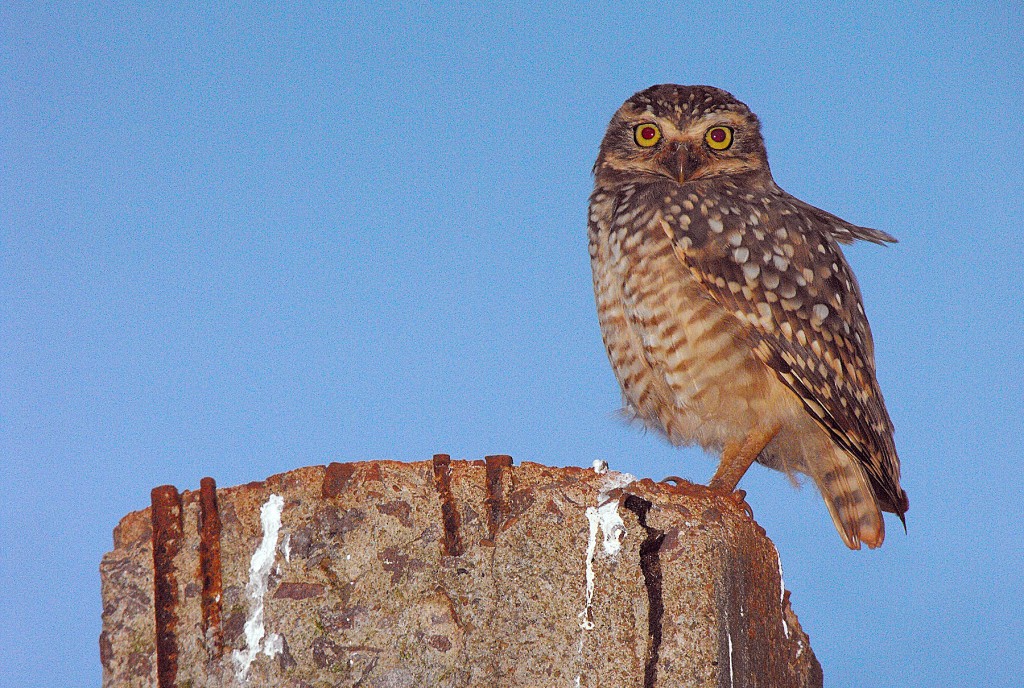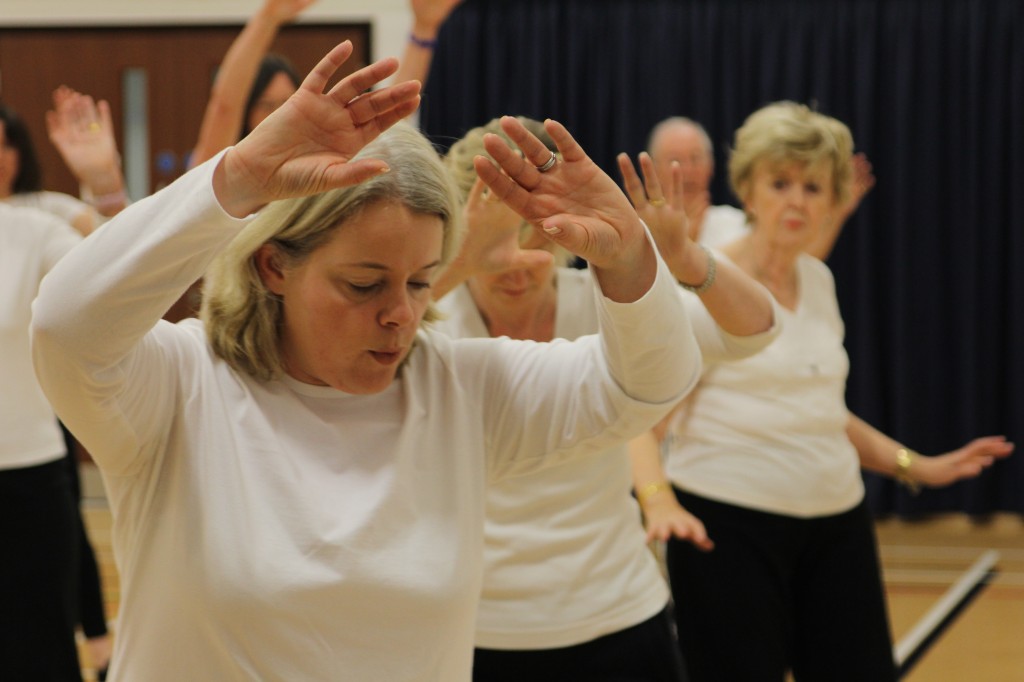Pssst! Have you heard of the new mindfulness agenda gathering pace? I’m excited to see how the All-Party Parliamentary Group on Mindfulness will develop its thoughts & actions around “mindfulness” – and the wider remit of improved “wellbeing” for all. It’s quite a task, that’s for sure! But very much a worthy one…
Towards a mindful nation
The APPG is looking to create a “mindful nation,” by including mindfulness in future policy-making. Policy areas could include –
- mindfulness in schools to improve classroom behaviour, attention and focus, as a strategy to raise educational standards and supporting social mobility, and to develop young people’s tools for lifelong well-being
- expanding the provision of Mindfulness Based Cognitive Therapy within the NHS as a treatment for depression and other mental and physical health problems
- mindfulness as a way to reduce stress and improve care, attentiveness and compassion amongst healthcare workers
- mindfulness as a way to improve resilience, reduce stress and anxiety, and develop creativity in the workplace
- mindfulness as a way to tackle depression, anxiety and stress in the criminal justice system (both staff and those in custody)
- mindfulness as a way to cultivate overall health and well-being
(These from the aims of the The Mindfulness Initiative, a collaboration of the Mindfulness Centres at Oxford, Exeter and Bangor Universities, which supports the APPG.)
Source: http://oxfordmindfulness.org/all-party-parliamentary-launch
So there’s a move towards using mindfulness to boost mental wellbeing, reduce stress, anxieties and depression; and increase an overall sense of improved health & wellbeing – in everyone. The notion of including mindfulness and wellbeing in policy-making – what’s not to like?!
And I’d like to go one step further – and say that as individuals, we should be:
- applying mindfulness techniques
- looking after our wellbeing (and the wellbeing of those around us)
in everything we do!
T’ai Chi as a mindful exercise
My interest obviously stems from the fact that I teach T’ai Chi, which is a mindful exercise, often described as an “internal exercise.” This is because in T’ai Chi practice, we generate the internal energy of the body, know as “chi” – or life force. It’s this internal/meditative element to the exercise which can bring students some incredibly uplifting benefits.
I talk a lot to students about the fact that T’ai Chi is more than just a dance. I’m aware that students are drawn to T’ai Chi for different reasons; but to ignore the meditative/mindfulness elements seems to me to be completely missing the point. Practising T’ai Chi encourages students to really examine for themselves their own connection between body, mind and spirit. And insodoing, the end result can be powerfully uplifting.
T’ai Chi’s contribution to the mindfulness agenda
Here are a few of my thoughts around how T’ai Chi contributes to this new and growing “mindfulness” agenda:
- Practising T’ai Chi and applying its principles to everyday life (and work) enables us to become more open-hearted and compassionate humanbeings.
- In T’ai Chi we are encouraged to feel “grounded.” This sense of “just being” in the present moment means that we have a better ability to see what’s here and now, and to appreciate what we already have
- Being grounded helps alleviate the incessant “drive;” yearning for the “next” thing / striving all the time for something better
- In a sense, being in the present moment takes away the focus of great expectations of the future: being mindful and present means you can assess and manage your expectations. That’s what Happiness is made from
- Over the years, I have seen the big difference T’ai Chi has made to my students who are caring for partners/elderly relatives. Practising this mindful exercise affords carers a break from their everyday “loops” of thinking: this is a very welcome break, and a nurturing experience
- I’d like to refer to “like-mindedness” – connecting with like-minded people who come to T’ai Chi classes creates its own energy; this is difficult to describe, not least because in class we’re not talking to each other – but there is a definite sense of accepting others for who they are and how they are. And feeling accepted brings a warmth to the soul.
- In T’ai Chi we “yield” and flow with our weight, with our slow graceful movements. This yielding brings a certain sense of letting go… of altered perspective. We’re not pressing back; instead we are quite passive, but at the same time strong and rooted. Confident. Resilient. My students often share with me that this element helps them to cope with workplace stresses (or other situations of conflict). It’s a new developed mindset.
- T’ai Chi movements are deliberately slow. For beginners this is one of the major challenges – to fully believe it’s ok to slow down. Yet once in that mindset of “accepting” (in class) – the experience of accepting is “one to bottle!” When we are accepting, we feel less stressed and more fulfilled.
- Given that T’ai Chi practice leaves me feeling relaxed yet alert, agile and with a certain clarity of thought, its benefits definitely include better access to The Creative Me. That’s come through lots of practice – but it’s the meditative, mindful element which brings that creativity to fruition.
- “Easing off” at the edges and “going with the flow” are principles I often refer to in class; but which also have a place in managing everyday Life. I talk about “taking the scenic route” and not pressing with 100% effort. This then encourages a wider awareness, and it’s this wider awareness which provides both creativity and a sense of opportunity.
This latter point brings me neatly onto a quote from Lord Richard Layard, Member of Legatum Commission, who said:
“Treating the goal of education as being to ‘get ahead’ is an inherently zero sum game: a society can make no progress this way.”
So over the coming summer hols, I’ll be practising some mindfulness techniques/activities with my children. We’re going to “do” less, and spend more of our time “just being.”
I’m looking forward to developing in them a notion of mindfulness and wellbeing in all that we do.
For an update on how we’re getting on, watch this space…



